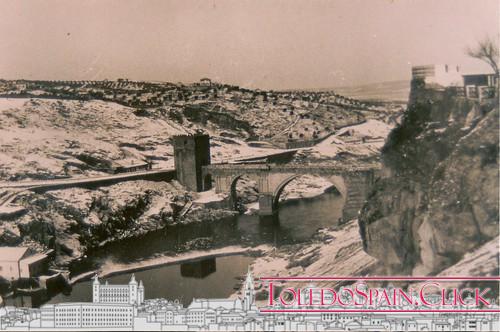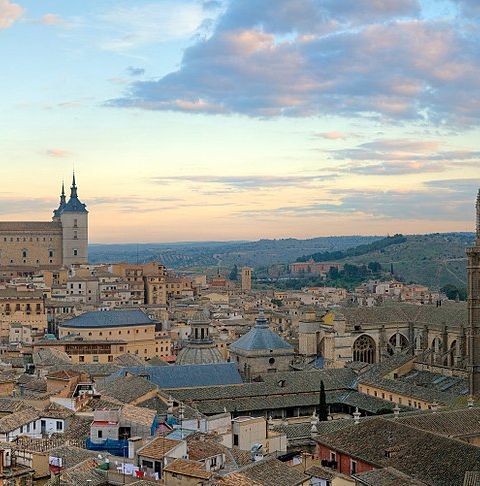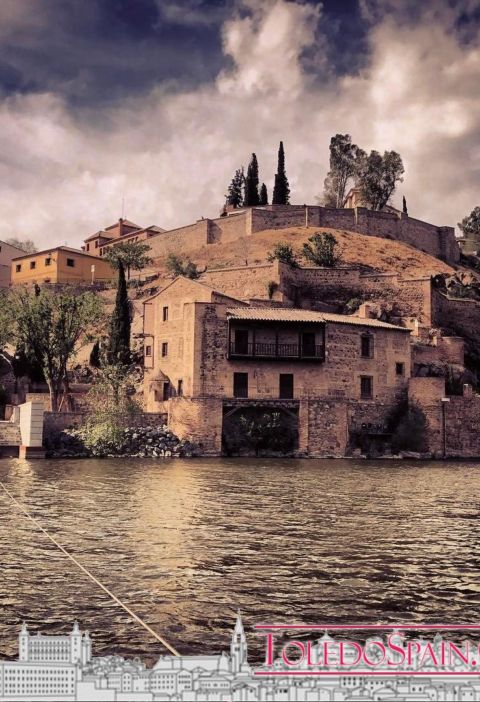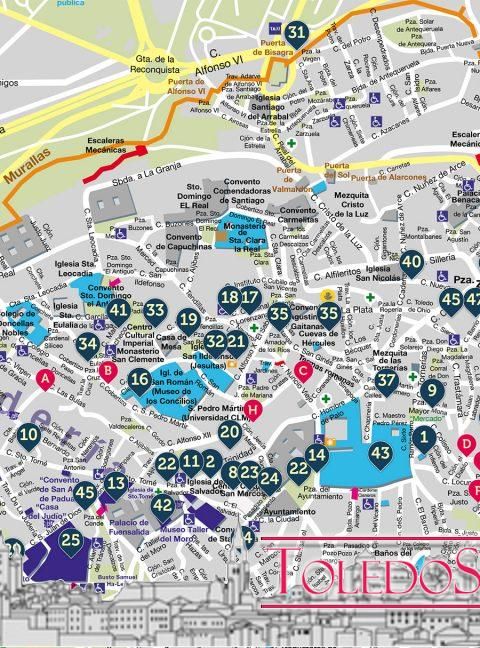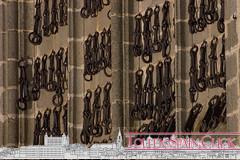A bolus is a Toledan? Many use “bolo “as something derogatory, to refer to a neighbor of Toledo and even the same inhabitants of the city refer to someone as “bolo” when it is considered “ignorant, of little skill” (RAE) But where does this curious adjective come from?
Colloquially, according to the RAE, a “bolo” is an adjective that applied to a man could indicate that he is ignorant or skillful, clumsy, foolish… In some other dictionary, directly a “bolo” is a “toledano”.
Index of Contents
What does bolo mean?
Toledo’s own neighbors frequently use the expression “mira que eres bolo” or similar with a meaning similar to the one previously described, although nowadays there is a certain friendly rest to the use of the expression, without any resentment.
But many Toledans do not know where this adjective comes from. There are several explanations for the use of “bolo” in Toledo, each more curious:
- The most “culta “is the one that relates the adjective with the abjuration in public of Arianism by the Visigoth king Recaredo and his conversion to Catholicism, around 589, in the III Council of Toledo. When the king took the oath and asked Saint Leander something like “You want to embrace the true Catholic faith”, he replied “Ego volo… “(Yes, I want…)
- In the 14th century, the archbishop of Toledo Gil Álvarez de Albornoz founded the Real Colegio Mayor de San Clemente de los Españoles in Bologna, Italy. some Toledans went there to study, given the archbishop’s relationship with the city. When they returned to Toledo, they were called “bolos”.
- The last and no less curious is related to Toledan steels. “The Toledan gunsmiths were supplied with steels produced in Basque steelworks. The samples of this product were carbon steel balls which in the iron and steel jargon were called “bolos”. Thus, the Basques referred to Toledo as “the province of bolos”. Passing the assignment to its inhabitants.” (Source)
- Another explanation provided by Luis Orgaz would be the one referred to as the “bolo” as the machete (the bolo is a long-leaf machete, of Philippine origin, used as a weapon or for clearing brush) that our long-suffering overseas soldiers used in Cuba, Puerto Rico and the Philippines and that, of course, were made at the Toledo Weapons Factory. As they were very sharp and always carried with them, there was the saying “don’t walk around with the bolus hanging” (because it will cut you). Thank you, Luis.
What’s a bolo in spanish
We also hear artists (in general, although more applied in theatre) saying “make a bolo“, applied to go and make a representation in any locality; we also read it in the dictionary of the RAE:
Representation or representations that, in scarce number, offers a theatrical company to act in one or several populations in order to take advantage of circumstances that are judged to be economically favorable.
“Used or used more in plural” That company is going to do some bowling in the north.
What many ignore is that another meaning of “bolo” originated when Madrid’s artists had to come to the city, given the proximity to the capital to make a performance or “bolo”.
So it was, to go make a show “for the bowling” (the toledanos). It is also curious that it is widely used a long distance from Toledo, in Argentina.

